
- Article
- Article
Sex in graphic novels
Sex and sexuality have long been explored in the history of the graphic novel.
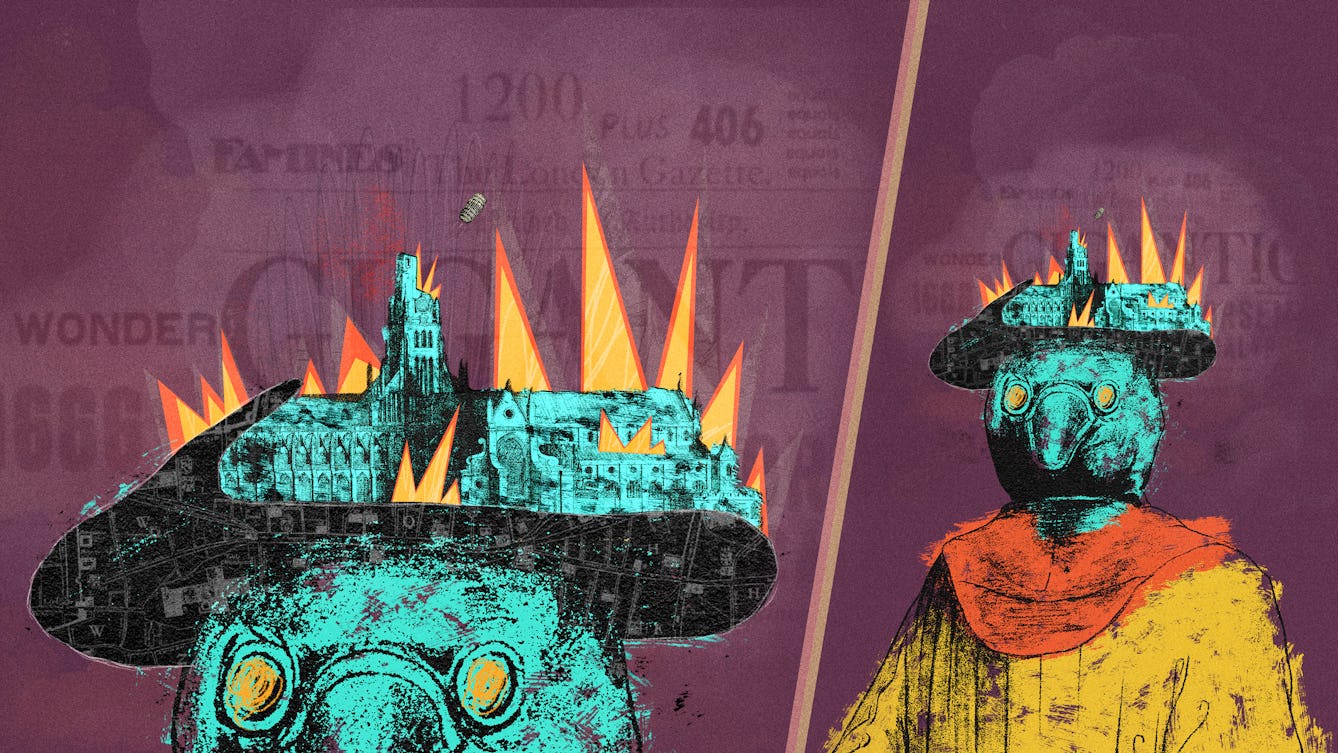
- Article
- Article
Devilry and doom in 1666
Disastrous events and a significant combination of numbers signalled the end – or perhaps a new beginning – in 1666. But for some, this feverish period fuelled unprecedented inventiveness and development.
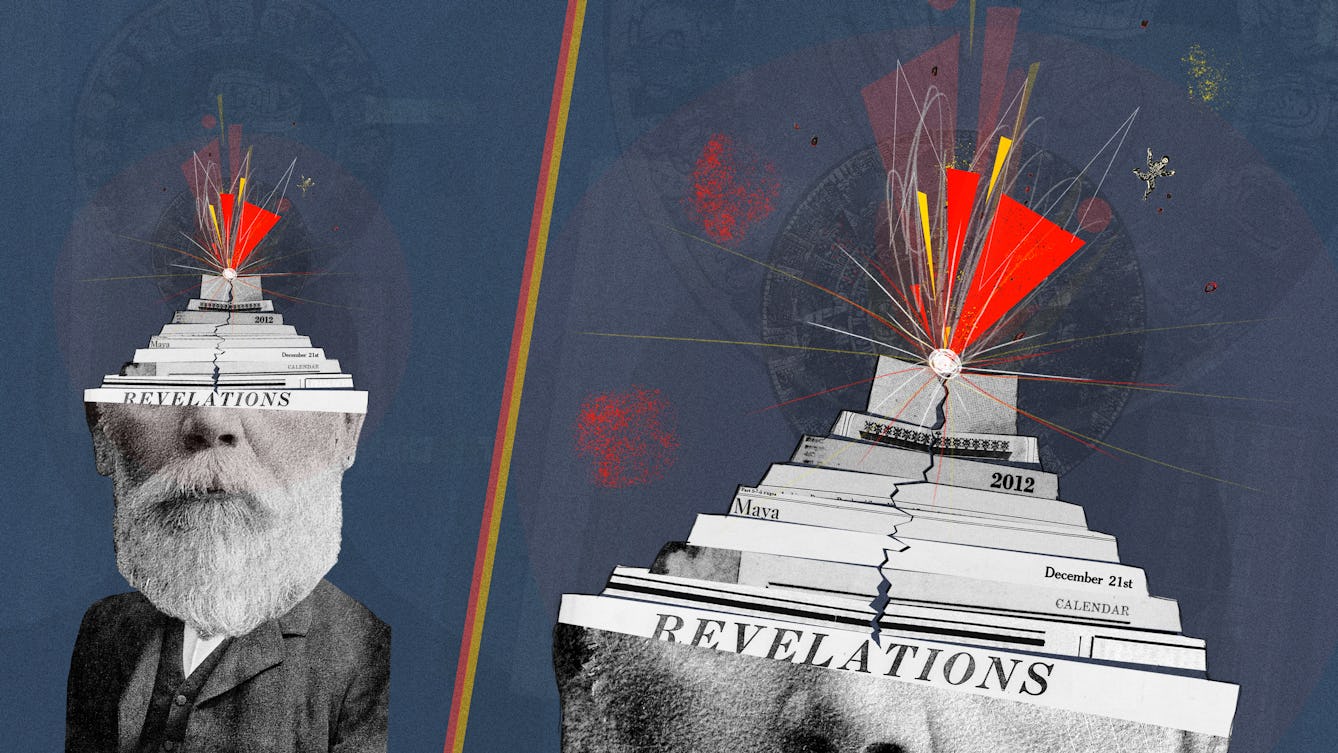
- Article
- Article
Deciding a date for the end of the world
When will the world end? Charlotte Sleigh explores how our obsession with dates and dramatic imaginings of the end can distract us from the dangers slowly creeping up on us.

- Book extract
- Book extract
The psychology of Ouija
Explore the science behind table tilting and Ouija boards, and discover how the unscrupulous still make money from exploiting the ‘ideomotor’ effect.

- Article
- Article
The making of ‘Quacks’
How do you create a medical comedy that’s authentic and laugh-out-loud funny?

- Article
- Article
The power of unicorns
Discover the unlikely connection between pharmaceuticals and unicorns.

- Article
- Article
The hidden history of homesickness
Gail Tolley delves into the history of homesickness and discovers that its rich past holds a clue to how we view the experience today.
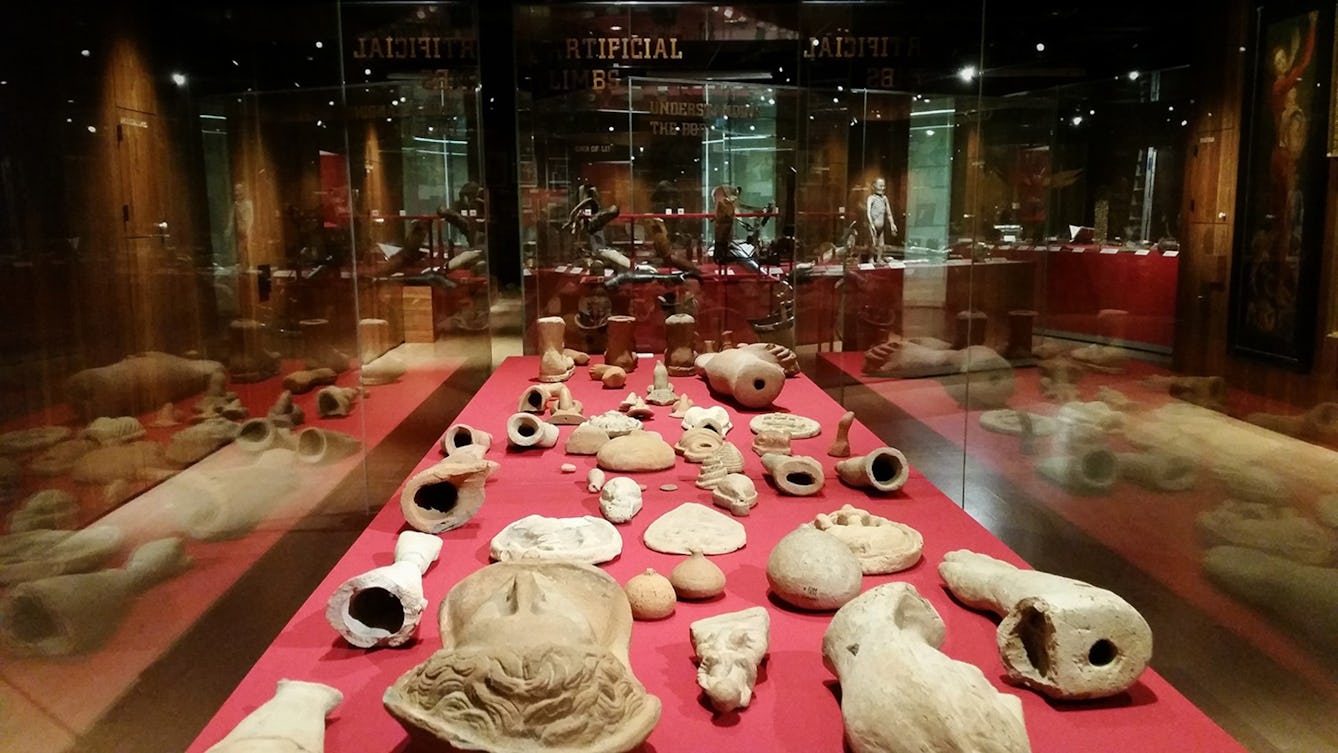
- Article
- Article
Why the world needs collectors
Those who collect play an important role as “facilitators of curiosity”, says Anna Faherty.

- Article
- Article
Western magic’s fascination with the foreigner
Could modern magic shows be perpetuating damaging cultural stereotypes? Shelley Saggar shows how ‘exotic’ costumes and imagery are far from harmless fun.

- Article
- Article
Deadly doses and the hardest of hard drugs
The invention of the modern hypodermic syringe meant we could get high – or accidentally die – faster than before. Find out how this medical breakthrough was adapted for deadly uses.

- Photo story
- Photo story
My body, my hair
To depilate or not to depilate? Farah Esset and Eden Rickson share a collection of personal pictures and stories that explore the intimate interplay between body hair and identity.
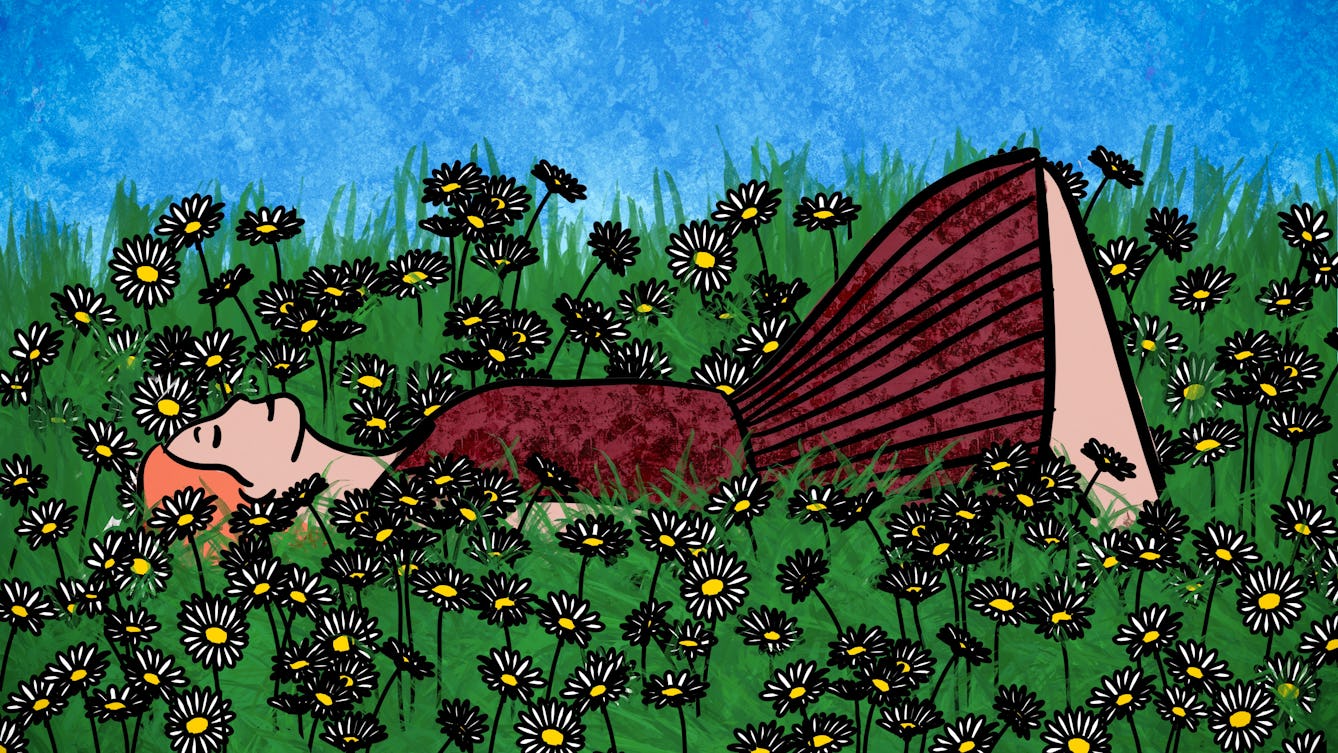
- Article
- Article
Spiritual joy
Spiritual joy can be a source of strength. Like the optimistic Pollyanna, there’s a lot to be said for finding reasons to rejoice, even in adversity.

- Article
- Article
Shame, condemnation and conscience
Where does shame comes from and what fuels it? Lucia Osborne-Crowley explores audience, gender and the difference between shame and guilt, asking if either can ever be useful.
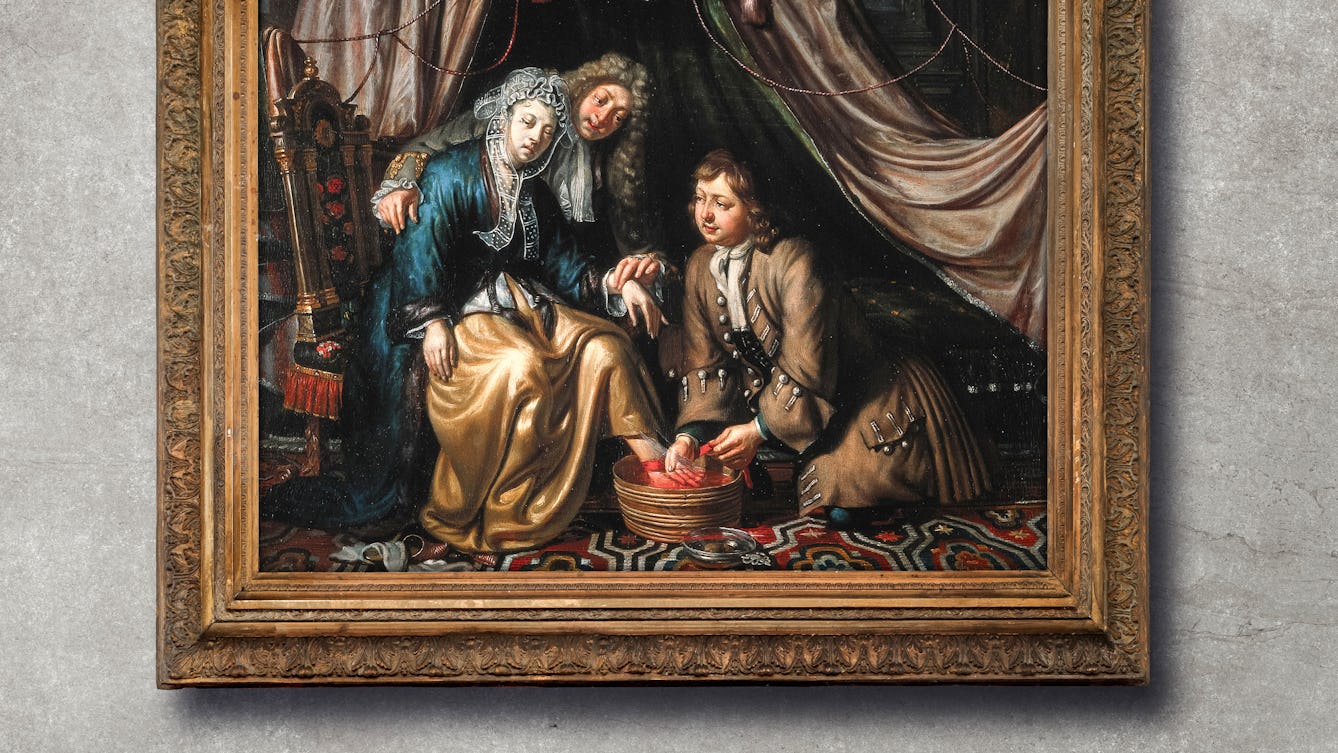
- Article
- Article
Bleeding healthy
For thousands of years, and in many different cultures, people have practised bloodletting for health and medical reasons. Julia Nurse explains where and when bleeding was used, how it was done, and why.

- Article
- Article
A symbol of a lost homeland
The story of one protective amulet from Palestine reveals a complex tale. Encompassing the personal history of an influential doctor and collector, it provides a window onto dispossession and exile, and the painful repercussions that are still felt today.
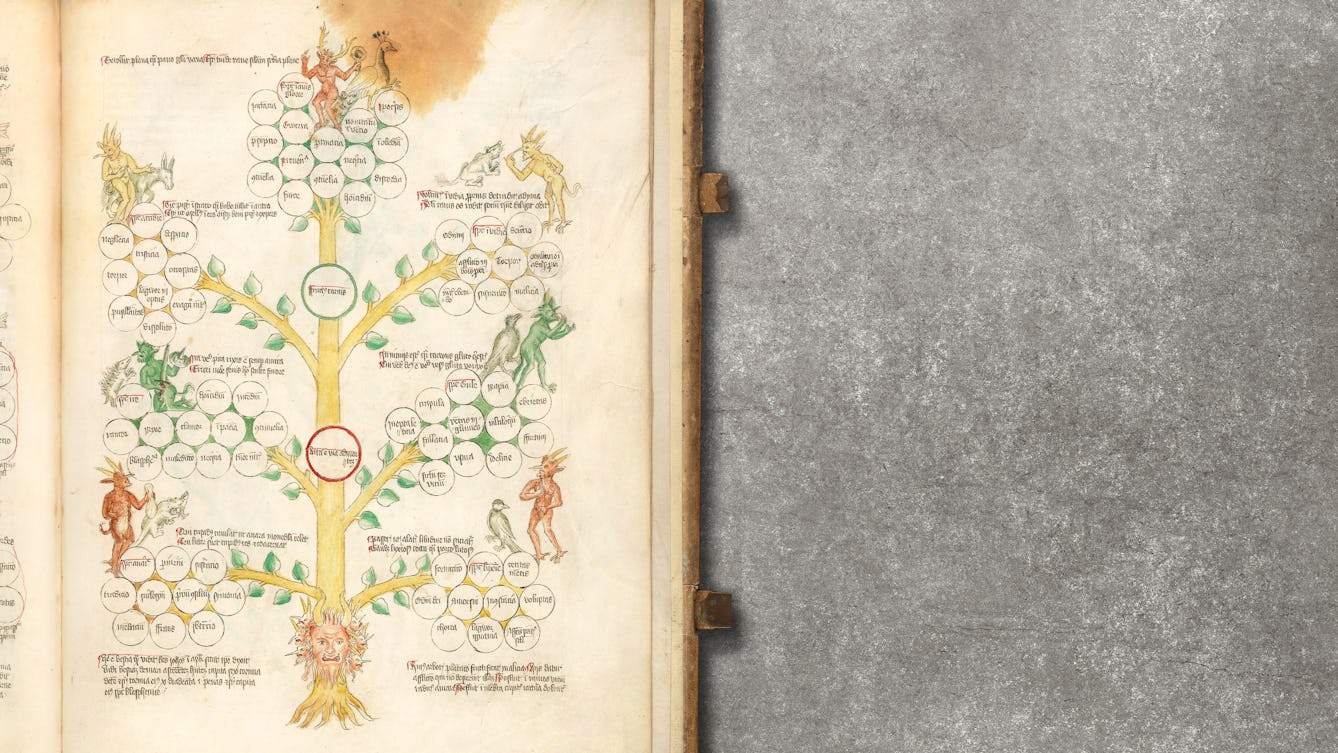
- In pictures
- In pictures
Tree of life
Ross MacFarlane traces the ideas around Charles Darwin’s famous ‘Tree of Life’, both back to the Bible, and forward to its appropriation by the proponents of eugenics.

- Article
- Article
A brief history of tattoos
The earliest evidence of tattoo art dates from 5000 BC, and the practice continues to hold meaning for many cultures around the world.
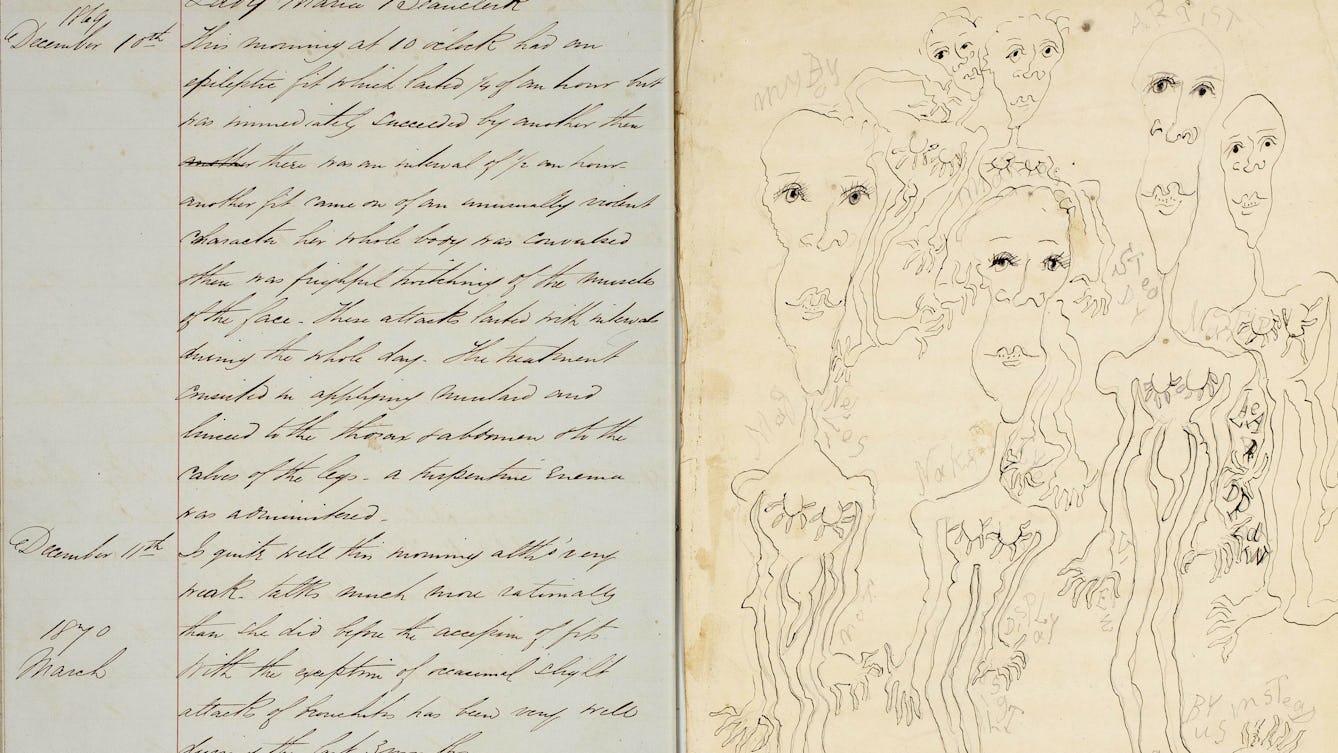
- Article
- Article
Uncovering experiences of dementia
Focusing on three 19th-century women’s case notes, Millie van der Byl Williams explores how our definition of dementia has changed.

- Article
- Article
When self-deception becomes global hoax
Being deceived isn’t always a case of believing someone else’s lie. Experiments have shown that many of us can be manipulated into accepting our own fictions as true.